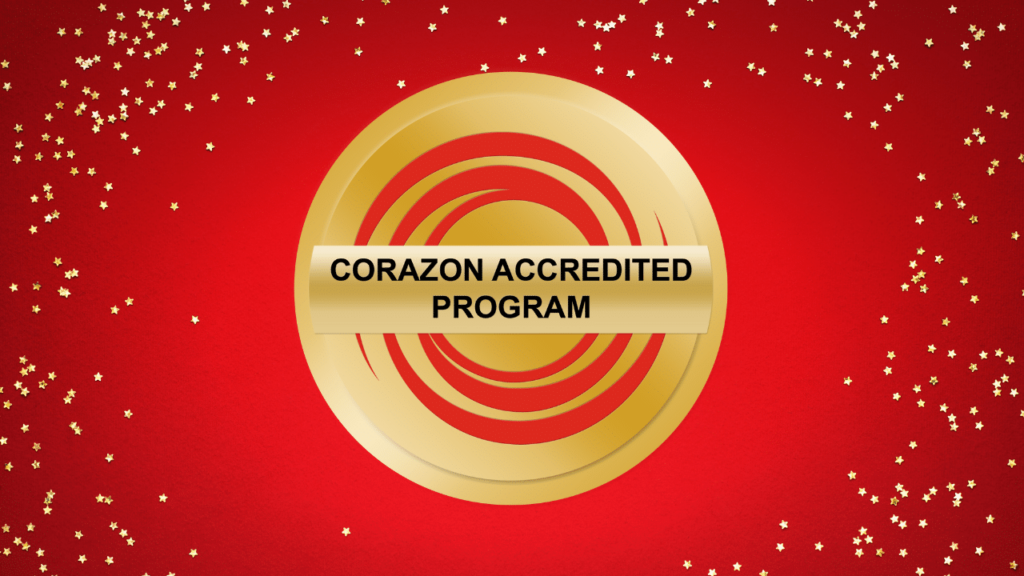
Women’s Heart Health: Understanding the Differences and Taking Action
Heart disease is the leading cause of death for women in the U.S., yet many women don’t realize how differently it can appear or progress in us. As caregivers, we…

With the continued rise of social media use across many and varied platforms, most of us are used to seeing near-constant posts and messages about the accomplishments of our peers, friends, and colleagues. This can naturally lead to self-reflection and -comparison. And sometimes, parallels emerge between our personal and professional lives, as we can see hospitals taking advantage of social (and other!) media coverage now more than ever…
When was the last time your cardiovascular program was recognized in your local or regional media? What was that recognition for? Was it something positive? Does your organization actively use social media? For what purpose?
In today’s reality of 24/7 news cycles and shortening attention spans, it is important to take advantage of any opportunity to showcase positive information about your hospital or specialty program on a regular basis. One such opportunity is through an accreditation effort.
While the majority of healthcare consumers may not know, or care to know, the details behind what it takes to achieve accreditation, they acknowledge that it takes dedication and the consistent maintenance of high-performance standards. Accreditation through an entity like Corazon can be an excellent way to influence the narrative surrounding your program, which could ultimately gain some press coverage – always a positive outcome!

This type of exposure can be even more powerful because it is based on real and measurable achievements of your program. For example, Corazon clients are regularly recognized, both individually and at quarterly network group events, for best practices they consistently maintain. Two examples from our most recent network group presentation showed improved door-to-balloon (D2B) times and contrast-induced nephropathy (CIN). Both of these, along with several other metrics, are important accomplishments that can be highlighted not only to educate the community, but also to celebrate internally as a performance improvement or quality assurance success.
Another important point to consider is the benefit of program review by an outside entity. A colleague often compares accreditation to a vehicle inspection. In many states, cars must be inspected annually to ensure they remain safe to drive on the road. In states where such inspections are not required, most car owners do not take the time or effort, or output the cost, to find out what is wrong unless they experience a problem.
Consider, however, the concept of a commercial vehicle that is responsible for more than just the owner and their immediate family. City buses, school buses, trucks, airplanes, and other vehicles must be inspected even more stringently because they are carrying people and cargo. From a pragmatic standpoint, the insurance liability is considerably greater in those circumstances.
Accreditation of a specific hospital program is more akin to the commercial vehicle inspection, given the program’s role in caring for a community of people. In that scenario, what length of time is acceptable to forego any sort of outside inspection? Also consider programs where a known issue or gap exists, but the hospital has chosen to accept it as the status quo or work around it without addressing the root problem. Would you fly on a plane that has not been inspected in over a decade? Would it be enough to know that the pilots who have flown the plane have not noticed any major issues, or would you prefer to know that a qualified and expert engineer has inspected key components of the aircraft to ensure proper functions?
Corazon believes that hospital programs should not be viewed any differently. Accreditation of a specialty program is a very unique process, different than whole-house accreditation, and provides a distinct level of achievement and accolade upon completion. Programs that consistently perform well should be recognized as doing so, and programs that struggle with certain metrics deserve the opportunity to improve… and then celebrate those improvements.
Ultimately, all of us within the healthcare industry want to see programs succeed in making patients’ lives better, making communities healthier, and making internal operations run smoothly and efficiently. There’s no doubt that accreditation by a third-party entity supports that goal, which can lead to significant performance improvements –which deserve their mention in the media spotlight.
Interested in achieving Corazon Accreditation? Our experts will your program get the quality reassurance and recognition your program deserves.